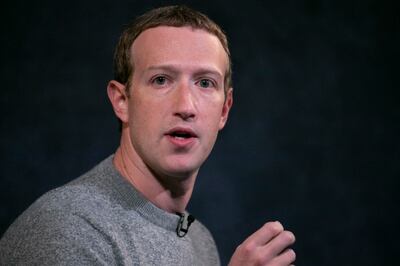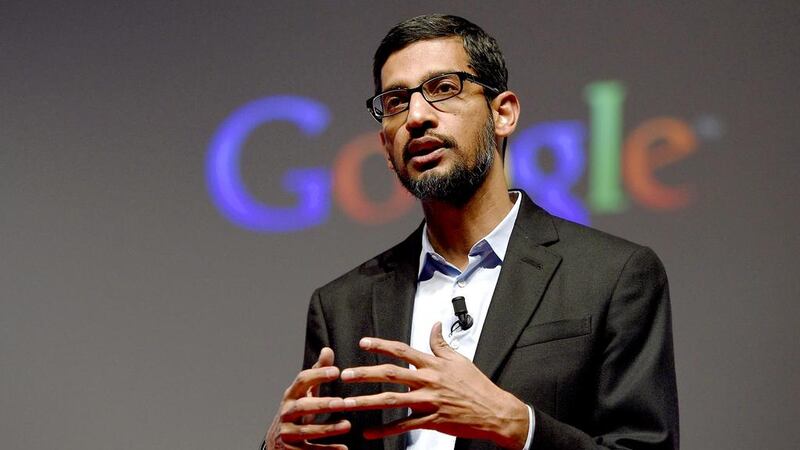Google chief executive Sundar Pichai and Facebook parent company Meta chief executive Mark Zuckerberg personally approved a secret advertising deal in 2018 that reportedly gave Facebook unlawful privileges on Google’s advertising platform, court documents filed on Friday showed.
An alliance of 17 state attorneys general, led by Texas Attorney General Ken Paxton, said “Google is a monopolist and engages in a wide variety of conduct that only a monopolist can accomplish” in a revised antitrust complaint filed against Google in the southern district court of New York.
The original complaint against Google was filed by the states in December 2020 and was revised in November.
Meta, earlier known as Facebook, is not named in the lawsuit.
Before the signing of the questionable agreement in September 2018, Google’s market dominance appeared to be threatened by Facebook as it was supporting an ad-buying technique called “header bidding”.
Header bidding is a programmatic advertising technique in which publishers bid on multiple advertising exchanges in real time.
“In March 2017, Facebook announced that it would throw its weight behind header bidding. Like Google, Facebook brought millions of advertisers on board to reach the users on its social network,” the complaint said.

“In light of Facebook’s deep knowledge of its users, Facebook could use header bidding to disintermediate Google’s ad server.
“Google understood the severity of the threat to its position if Facebook were to enter the market and support header bidding.”
To diffuse the threat, Google made overtures to Facebook to abandon its header bidding. Internal Facebook communications revealed that Facebook executives fully understood why Google wanted to cut a deal with them.
Ultimately, the US technology companies struck a deal in September 2018 at the highest levels. Google code-named the deal “Jedi Blue” that is a combination of a Star Wars reference and the colour of Facebook’s logo.
“Following the agreement, Facebook curtailed its involvement with [the] header bidding in return for Google giving Facebook information, speed and other advantages.” the complaint alleged.
“The parties also agreed up front on quotas for how often Facebook would win publishers’ auctions — literally manipulating the auction with minimum spends and quotas for how often Facebook would bid and win.”
The new filing claims Facebook’s chief operating officer, Sheryl Sandberg, played a key role in the negotiation and insisted on Mr Zuckerberg’s consent, calling it “a big deal strategically”.
“Facebook’s chief operating officer was explicit that this is a big deal strategically in an email thread that included Facebook CEO.”
The complaint referred to Mr Zuckerberg and Ms Sandberg by their job titles but redacted their names.
Under the Jedi Blue agreement, Google ensured that Facebook would not return to support header bidding by imposing significant minimum spending requirements running up to hundreds of millions of dollars a year.
Whistleblower: Facebook ‘one of the most urgent threats’ and fuelling world violence

As a result of the agreement, Facebook “curtailed its header bidding initiatives and instead bid through Google’s tools”.
“In return, Google agreed to give Facebook a leg up in the web and in-app auctions it conducted on behalf of publishers and developers,” the complaint said.
“Google promised Facebook a number of special advantages in publishers’ and developers’ auctions to induce Facebook to shift from routing bids through header bidding to routing bids through Google’s web ad server and in-app mediation tools.”
The search engine company said the complaint is “full of inaccuracies and lacks legal merit” in a statement provided to Politico. It also denied that Mr Pichai was involved in the signing of the deal.
“Our advertising technologies help websites and apps fund their content and enable small businesses to reach customers around the world,” Google representative Peter Schottenfels said in a statement to the Arlington-based news website.
“We sign hundreds of agreements every year that don't require CEO approval, and this was no different,” Mr Schottenfels said.
The company said it will be asking the judge to dismiss the case.







